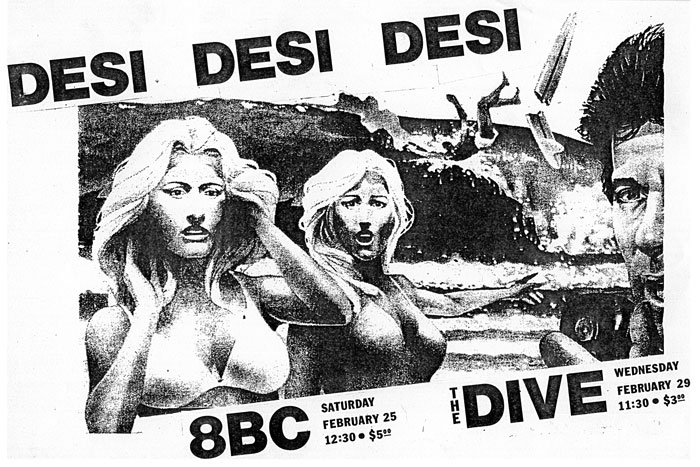
Desi poster and more gigs
I remember designing this flyer; I pulled the clip art from that week's TV Guide. The san-serif DESI was starting to become a brand.
8BC was an interesting joint, carved out of an abandoned tenement basement. I don't know who was paid off but there's no way the place could have had a valid Certificate of Occupancy. What remained of the first floor became the stage; somewhere in the remaining debris up there lived a white rabbit with a liquor habit. It would appear when you started to play, knock the beer bottle off your amp, and then lap it up from the floor. The audience was East Village creatives: louche, generally broke, and far hipper than Desi Desi Desi. As was often the case there was a mismatch between band and venue.
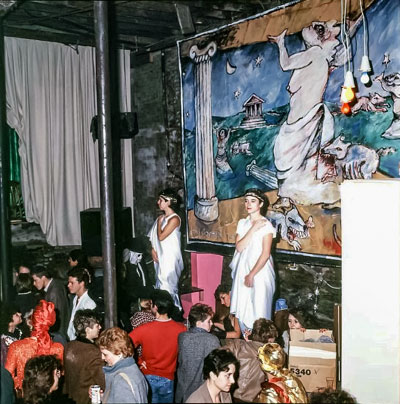
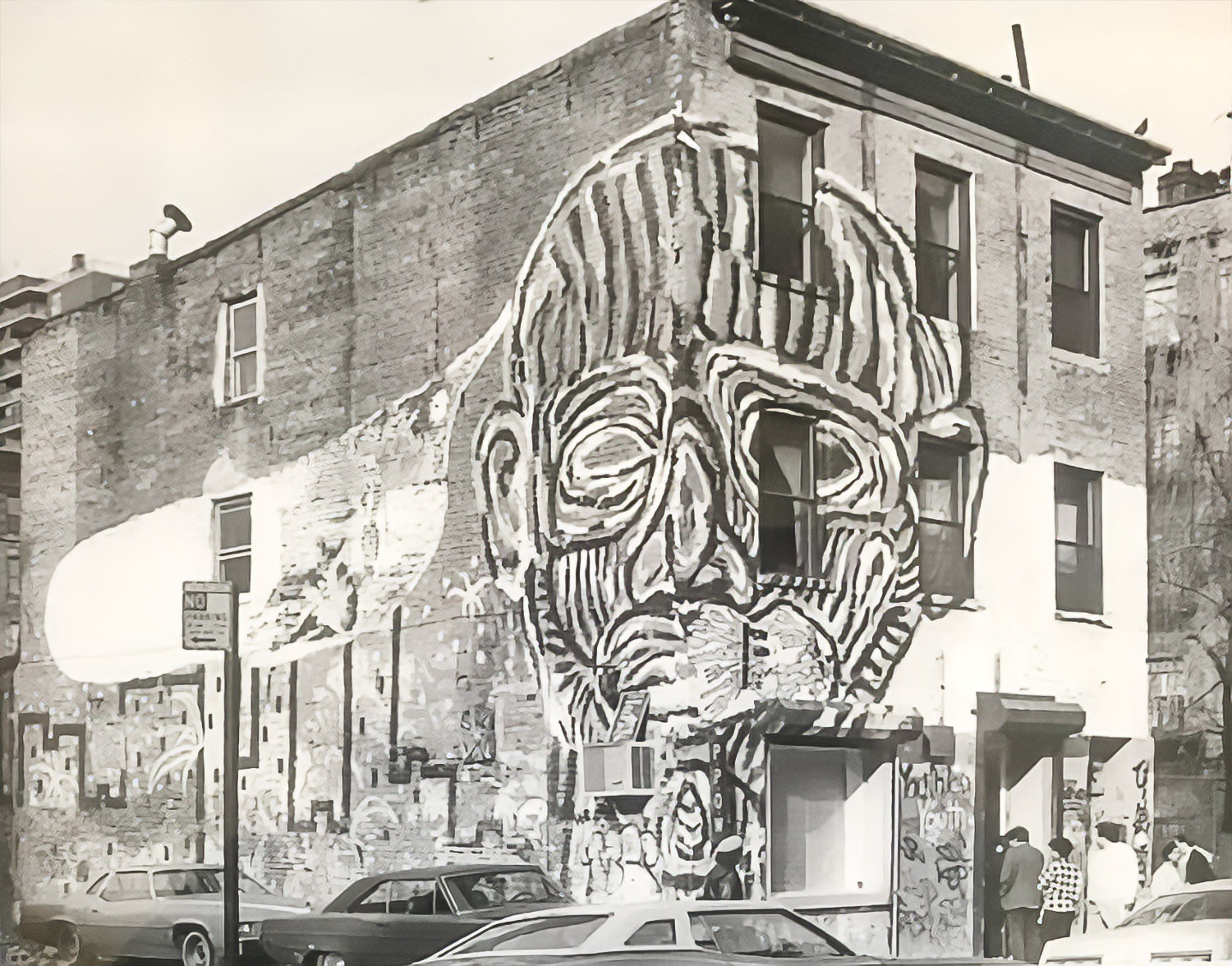
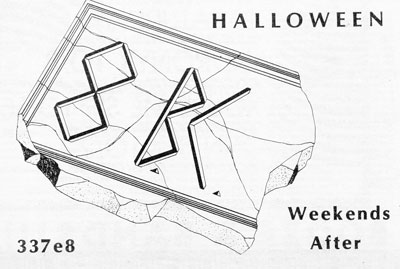
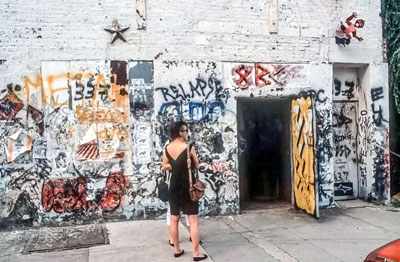
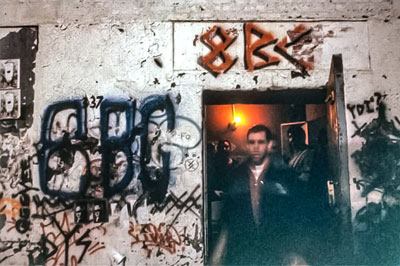
One of the two owners sat me down for a discussion when I tried to get a second gig at the club. I remember it as a detailed explanation of why I didn't fit in there. I was humiliated; it confirmed the worst fears I had about my own place in 80s NYC. I've wondered since if the guy enjoyed delivering the verdict. The worst thing about it was that he was right.
He gave us the second gig, though, and I was so nervous I played especially hard and promptly broke a couple of strings. Of course I never had a backup instrument; I never even owned a second guitar. It was a problem at the time to just buy strings. Mike and Fran struggled to lay down a beat while I squatted behind my amp putting the replacements on. For the remainder of the set I was soaked in flop sweat. We never got another gig at 8BC, though I did play the space again with Salon Bonton.
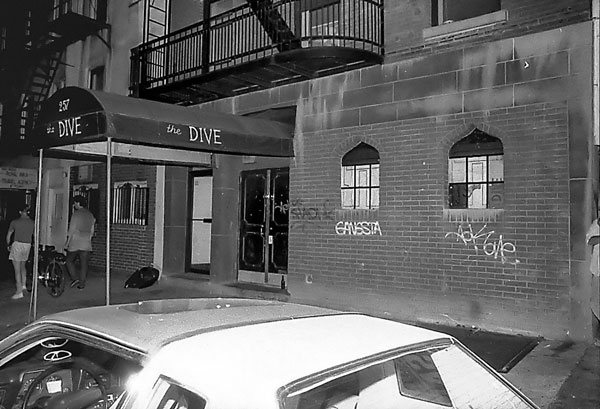
We didn't take the gig at The Dive very seriously; it wasn't even in the East Village. What a snob I was! In those days I wouldn't even go to Brooklyn. A bit later in the decade the club developed a scene based on the 60s garage band sound, along with its psychedelic wing. Back in Ohio I'd been a veteran of both.
In the grocery today I heard The Yardbirds playing "For Your Love" and remembered it as one of the first songs my 1969 cover group—The Hague—ever attempted. Now it's a grocery-store soundtrack for old people.




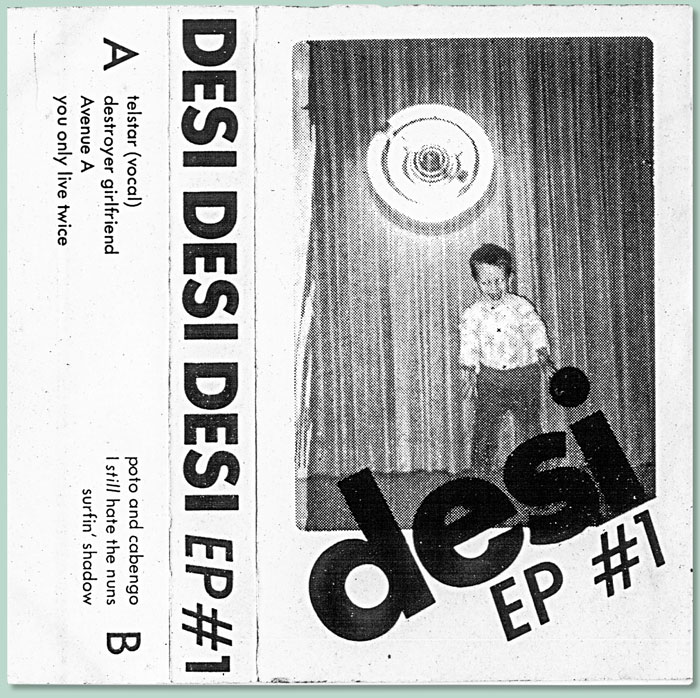
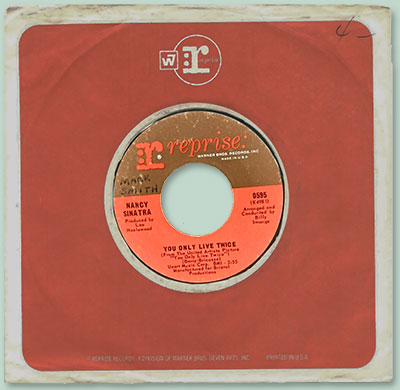 Yes, "You Only Live Twice" is a cover of the Nancy Sinatra theme from the James Bond movie. I was trying to make a huge production soaked in reverb following my mix guru from the 60s, Phil Spector. This particular version is derived from a 45 I'd been obsessed with since 1967; it's the flip side of the Nancy/Lee Hazelwood hit, "Jackson." It's not the one used in the Bond film; a session guitarist from The Wrecking Crew named Billy Strange arranged the cut and it's much more guitar-heavy. I wanted to create my own perfect version of this—something that matched my memories of listening to it in the dark—on the Tascam 3340 using my Nagra as a tape delay.
Yes, "You Only Live Twice" is a cover of the Nancy Sinatra theme from the James Bond movie. I was trying to make a huge production soaked in reverb following my mix guru from the 60s, Phil Spector. This particular version is derived from a 45 I'd been obsessed with since 1967; it's the flip side of the Nancy/Lee Hazelwood hit, "Jackson." It's not the one used in the Bond film; a session guitarist from The Wrecking Crew named Billy Strange arranged the cut and it's much more guitar-heavy. I wanted to create my own perfect version of this—something that matched my memories of listening to it in the dark—on the Tascam 3340 using my Nagra as a tape delay.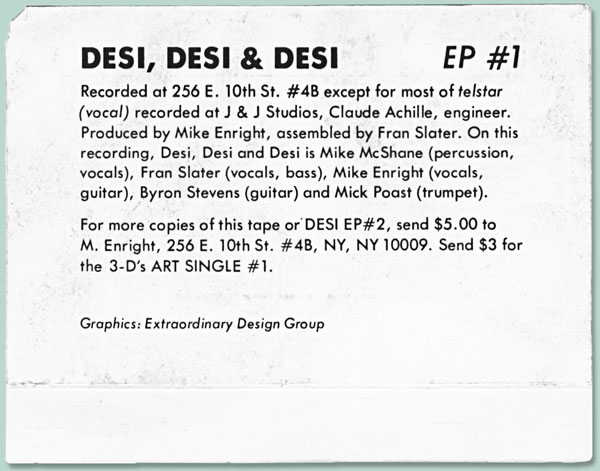

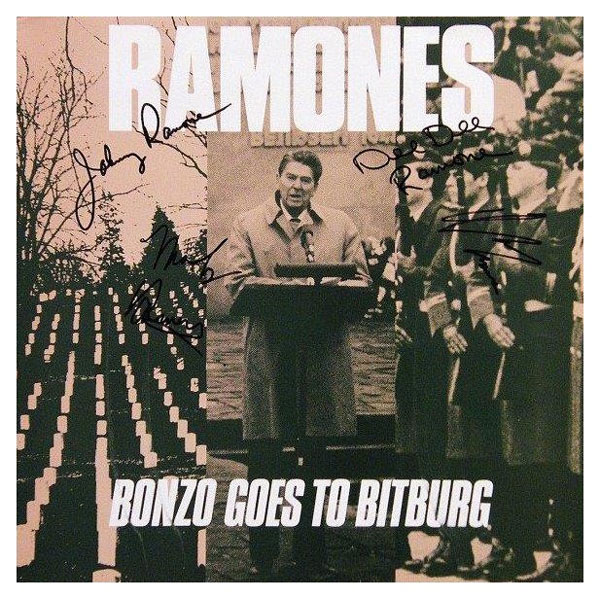


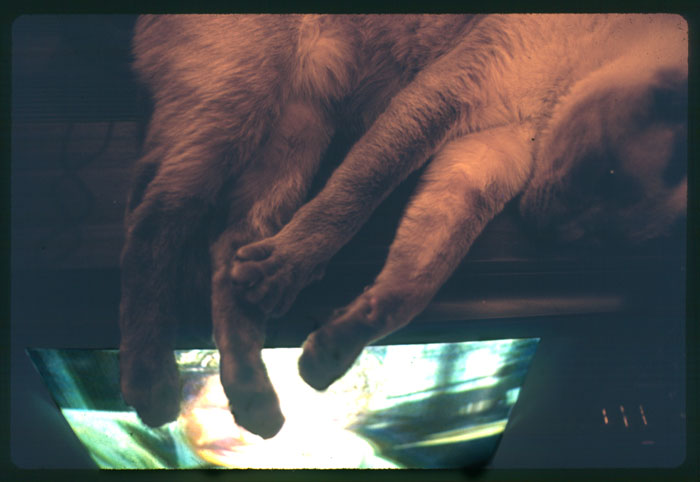
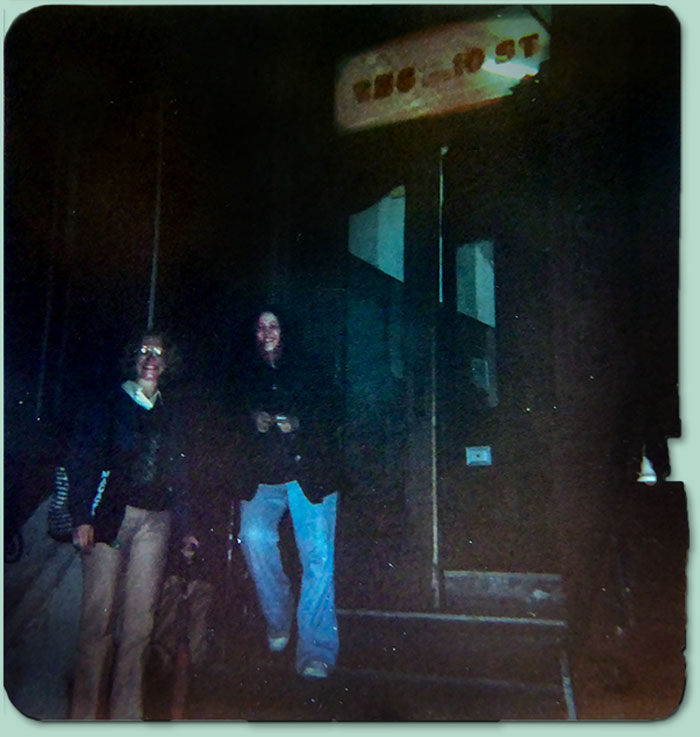




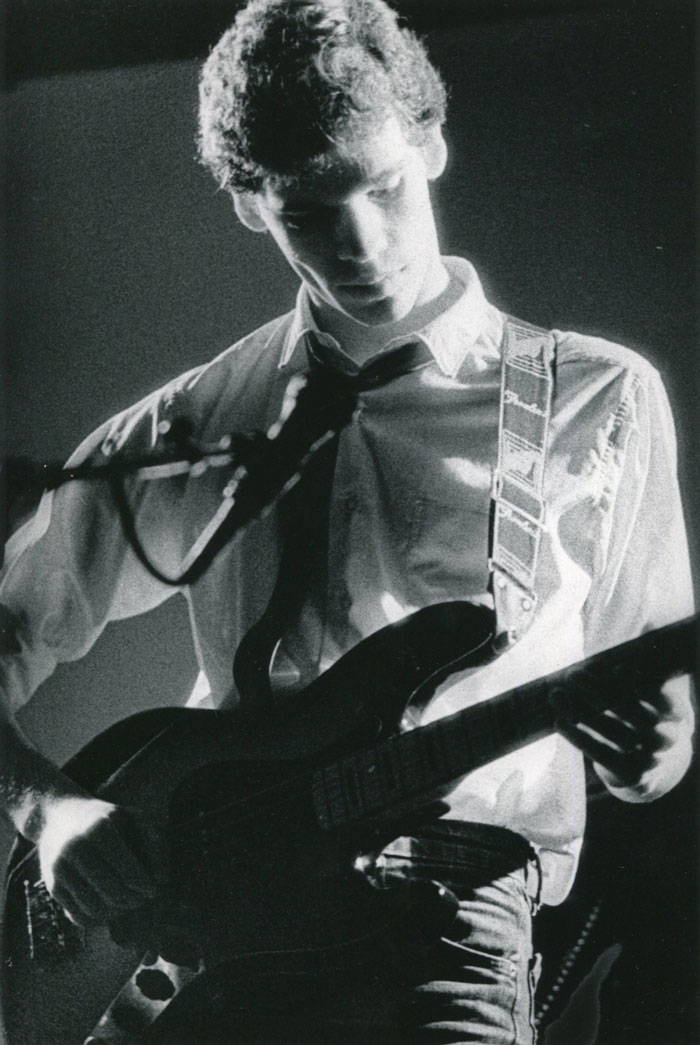
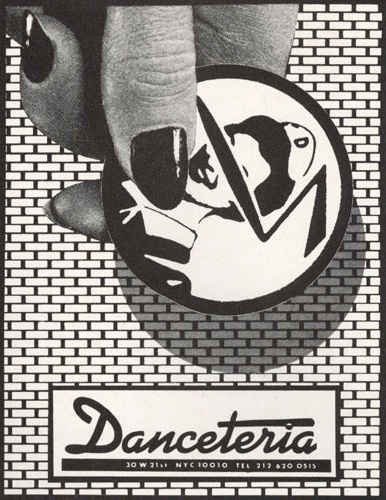 Imagine our disappointment that night: not only had this guy been reelected, but reelected in a landslide! That night millions of Americans told me and my friends in New York that we weren’t in the same universe. I was genuinely shocked by the election results. How could they reelect a guy who sold missles to Iran (our archenemy in our comic book foreign policy) and then used the profits to fund the death squads in Nicaragua? It subverted the Constitution; Congress had specifically denied aid to these same death squads. Remember the four nuns? And the bishop, for christ’s sake, in the middle of a Mass? No one remembered outside of my own little neighborhood, it seemed. I’m still steamed, but then I have an excitable personality.
Imagine our disappointment that night: not only had this guy been reelected, but reelected in a landslide! That night millions of Americans told me and my friends in New York that we weren’t in the same universe. I was genuinely shocked by the election results. How could they reelect a guy who sold missles to Iran (our archenemy in our comic book foreign policy) and then used the profits to fund the death squads in Nicaragua? It subverted the Constitution; Congress had specifically denied aid to these same death squads. Remember the four nuns? And the bishop, for christ’s sake, in the middle of a Mass? No one remembered outside of my own little neighborhood, it seemed. I’m still steamed, but then I have an excitable personality.